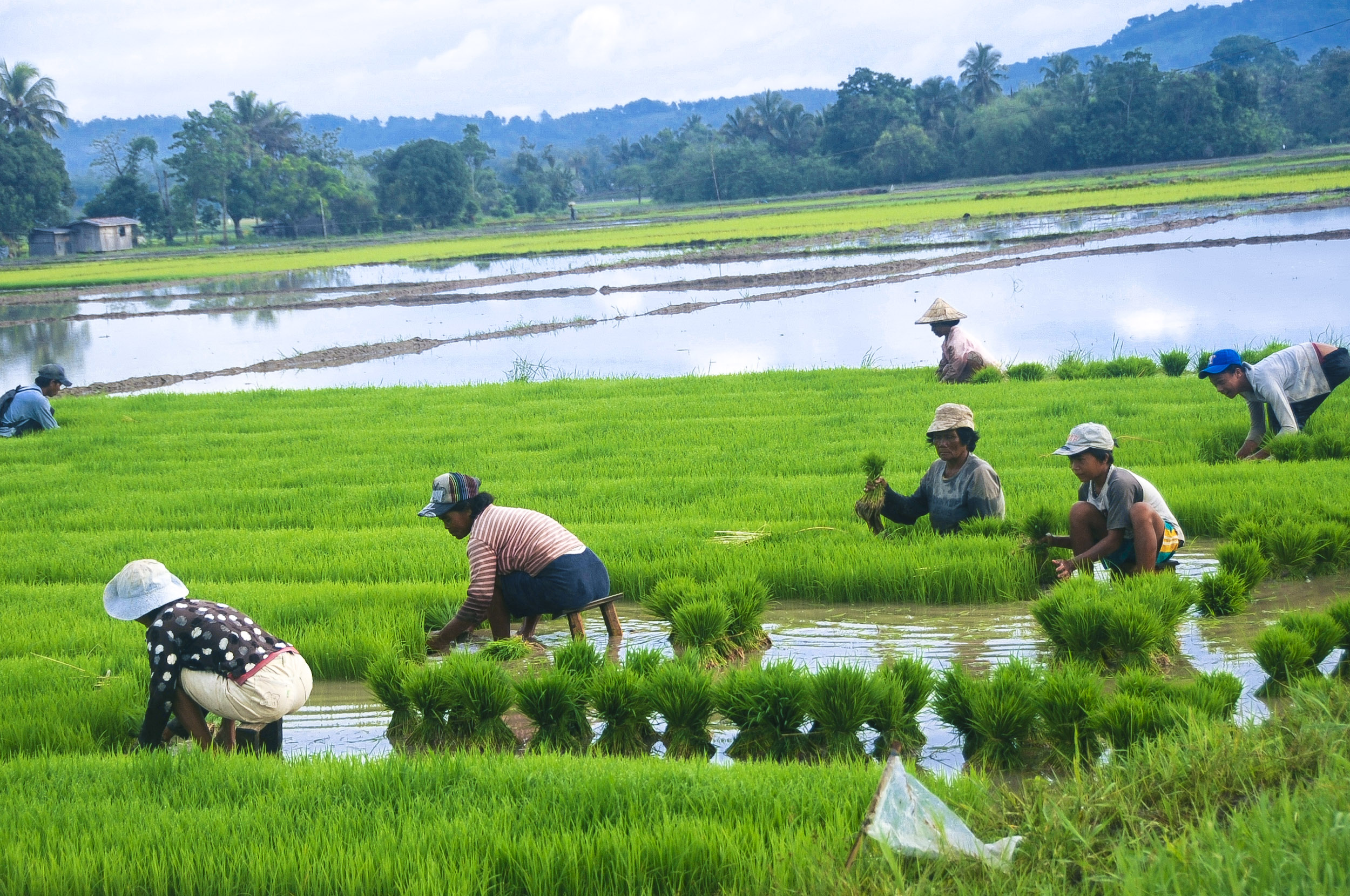Nourishing the Earth: Christian Literature House Society & Sustainable Farming
The Northeast India, a region of breathtaking natural beauty, faces unique challenges in agriculture. Traditional farming practices often struggle with low yields, soil degradation, and limited market access. However, amidst these challenges, a beacon of hope shines brightly: the Christian Literature House Society (CLHS). This remarkable organization has been instrumental in transforming the agricultural landscape of the region, empowering farmers with sustainable practices and unlocking their true potential.

A Holistic Approach to Sustainable Agriculture:
CLHS recognizes that sustainable agriculture is more than just growing crops. It’s about creating a holistic system that nourishes both the land and the people who cultivate it. Their initiatives encompass a wide range of interconnected elements:
- Organic Farming: CLHS champions organic farming methods, emphasizing the use of natural fertilizers and pest control techniques. This not only reduces the environmental impact but also improves soil health, leading to higher yields and more nutritious produce.
- Permaculture Principles: CLHS introduces farmers to the principles of permaculture, a sustainable design system that mimics natural ecosystems. By integrating diverse plant species, creating natural water retention systems, and minimizing waste, permaculture enhances biodiversity, improves soil fertility, and increases overall farm productivity.
- Water Conservation: Recognizing the critical importance of water resources in the region, CLHS promotes water conservation techniques. This includes rainwater harvesting, drip irrigation systems, and efficient water management practices, ensuring that precious water resources are used wisely and sustainably.
- Market Linkage: CLHS plays a crucial role in connecting farmers with local and regional markets. We facilitate market access, negotiate fair prices, and assist farmers in developing value-added products, such as processed foods and handicrafts, to increase their income.
- Community Empowerment: CLHS emphasizes community-based approaches, empowering farmers through training programs, workshops, and farmer-to-farmer exchange programs. This fosters knowledge sharing, builds strong community networks, and strengthens the resilience of local agricultural systems.
Transforming Lives and Landscapes:
The impact of CLHS’s initiatives has been truly remarkable. Farmers across the region are witnessing significant improvements in their livelihoods:
- Increased Yields: By adopting organic farming practices and implementing permaculture principles, farmers are experiencing increased yields, leading to higher incomes and improved food security.
- Enhanced Soil Health: Organic farming methods and the use of cover crops have revitalized degraded soils, improving their fertility and water-holding capacity.
- Reduced Reliance on External Inputs: By minimizing the use of chemical fertilizers and pesticides, farmers are reducing their reliance on external inputs, lowering their production costs and reducing their environmental impact.
- Empowered Communities: Through community-based initiatives and knowledge-sharing platforms, farmers are gaining confidence and becoming more self-reliant. They are actively engaged in decision-making processes and are better equipped to adapt to the challenges of climate change and market fluctuations.
A Testament to Sustainable Development:
The success of CLHS’s agricultural initiatives serves as a testament to the power of sustainable development. By empowering local communities, promoting environmental stewardship, and fostering economic growth, CLHS is not only improving the livelihoods of farmers but also contributing to the overall well-being of the region.
Looking Ahead:
CLHS continues to innovate and expand its reach, exploring new opportunities in areas such as agroforestry, livestock rearing, and value-added food processing. By building upon its successes and adapting to the evolving needs of the community, CLHS is paving the way for a more sustainable and prosperous future for Northeast India.
